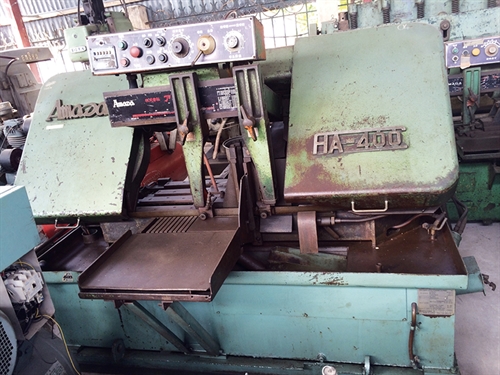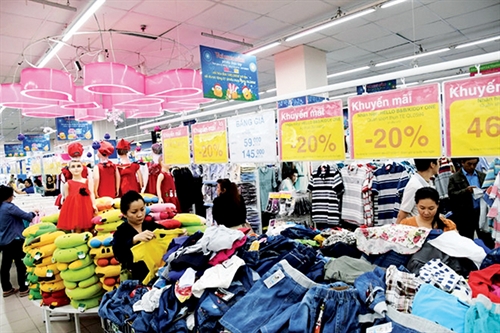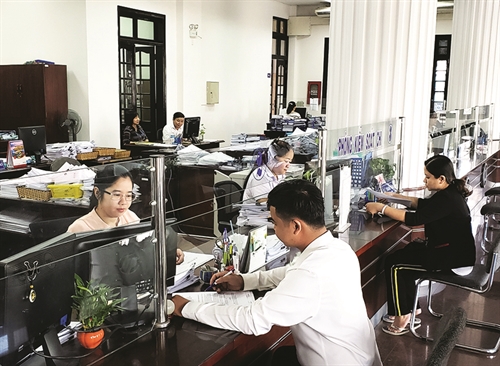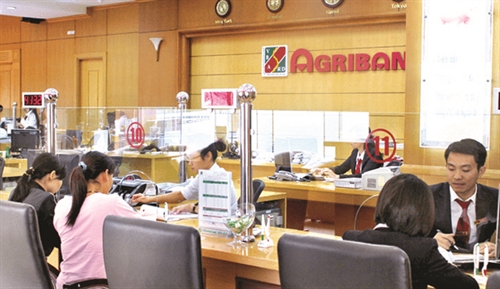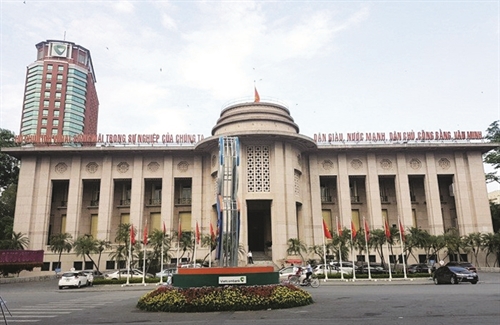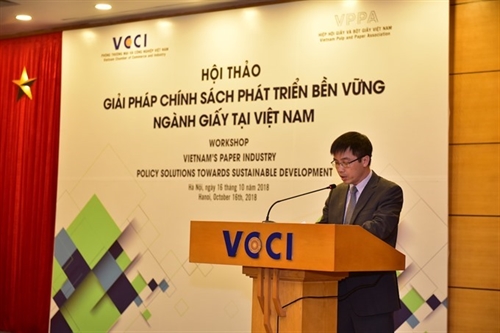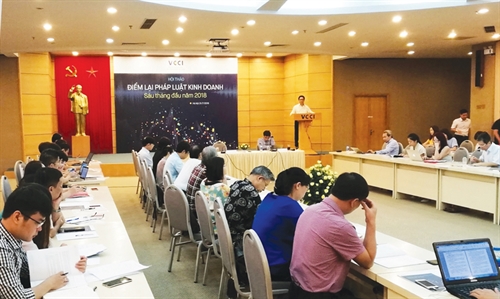The Prime Minister on June 27 approved Decision 23, revising the list of imports subject to customs procedures at import border gates specified under Decision 15 of 2017.
The list was designed to better control imported goods for which it is difficult to implement policies on taxation and import management and goods not encouraged for import, and to restrict trade deficit.
However, after two years of implementation of Decision 15, competent agencies had received various complaints from both importers and customs offices about unclear and hard-to-implement provisions of this decision.
For example, the decision requires customs procedures to be carried out at an import border gate, but fails to make clear whether it is the place where the goods are unloaded from a vehicle or the destination port written in the bill of lading. Problems were also revealed in the provisions on types of goods on the list, locations for performance of customs procedures, goods processing, etc.
Hence, the new regulation, which will take effect on September 1, is expected to make customs procedures clearer and more convenient for importers.
Clarification of provisions on import border gates
One of the noteworthy revisions under Decision 23 is the clarification of import border gates for customs clearance.
As per Article 4, for the mode of seaway or airway transport, the import border gate is a seaport or an airport where goods are unloaded or a seaport or an airport stated in the bill of lading where goods arrive.
For railway transport, the import border gate is an international railway station at the border.
For the type of road or river way transport, the import border gate is an international border gate, or the main border gate through which imports are transported into Vietnam’s territory.
For goods subject to designation of import border gates, such border gates must comply with the Law on Foreign Trade Management.
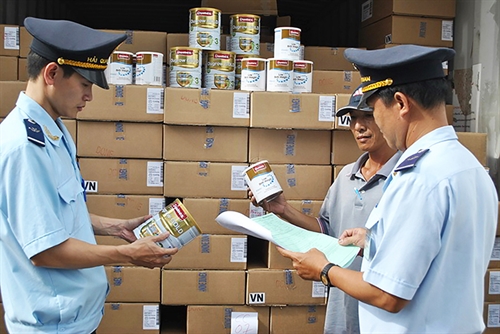 |
| Customs officers inspect imports at border gate upon performance of import procedures__Photo: Internet |
Places of customs clearance
Another important amendment to Decision 15 is the provision on places of customs clearance.
The current circumstances require a more flexible regulation on places of customs clearance to make it more convenient for enterprises, especially producers.
In fact, many production businesses wish to carry out import procedures at processed goods-managing customs branches of the places where their head offices or factories are located so as to facilitate the registration of customs declarations, submission of dossiers, physical inspection of imported goods, and customs clearance.
To create favorable conditions for importing enterprises and facilitate their production activities, Decision 23 allows customs declarants to choose customs branches of import border gates or places of customs clearance outside border gates to carry out customs procedures.
Specifically, goods imported for processing or production of products for domestic consumption, export or export processing may go through customs procedures at customs branches of the places where importing enterprises’ head offices, branch offices or factories are located; or at customs branches managing processed or produced goods under the Customs Departments of the localities where the enterprises’ factories are based or where exist import border gates.
As for goods sent via postal services or express delivery services, given the inconvenience caused to goods recipients when they are required to arrive at import border gates for conducting customs procedures, the Decision allows the performance of customs procedures at places prescribed by Government Decree detailing the Customs Law regarding customs procedures, inspection, supervision and control.
Amendments to the list of imports
In the spirit of Government Resolution 19 of 2018 on solutions to improve the business environment and enhance the national competitiveness, the new decision has removed from the list some commodity items, especially those which are input materials used for production, while adding goods requiring intensified management for protection of community well-being and prevention of environmental pollution.
Specifically, Decision 23 has cut some goods items such as gold leaf; goods subject to veterinary, phytosanitary and aquatic quarantine on the List issued by the Ministry of Agriculture and Rural Development; and scraps on the list released by the Prime Minister.
At the same time, some commodity items are added to the list, including goods imported from countries and territories with epidemic risk warnings notified by the Ministry of Agriculture and Rural Development; and goods involved in the cases of application of trade remedies and measures to combat the shirking of trade remedies under decisions issued by the Minister of Industry and Trade.
Meanwhile, some goods items are retained and some others have their names modified to suit practical conditions. For instance, malt beer is used instead of beer, or two-wheeled or three-wheeled motorbikes in complete units with piston-type internal combustion engines of a cylinder capacity of over 125cc are used instead of two-wheeled or three-wheeled motorbikes with a cylinder capacity of over 125cc.
Decision 23 also stipulates that imported goods which are both on the list and outside the list and share the same bill of lading must go through customs procedures at import border gates.-
List of imports subject to customs procedures at import border gates 1. Cigarettes, cigars, and other tobacco preparations for smoking, sniffing, chewing, smelling, or sucking; 2. Wine; 3. Malt beer; 4. Motor vehicles for the transport of less than 16 persons; 5. Two-wheeled or three-wheeled motorbikes in complete units with piston-type internal combustion engines of a cylinder capacity of over 125cc; 6. Aircraft, yachts; 7. Spirit of all types; 8. Air-conditioners of a capacity not exceeding 90,000 BTU; 9. Playing cards; 10. Votive papers; 11. Explosive precursors, industrial explosives according to the list issued by the Ministry of Industry and Trade; 12. Imported goods on the Government-issued list of goods affecting national defense and security affairs; 13. Goods involved in the cases of application of trade remedies and measures to combat the shirking of trade remedies under decisions issued by the Minister of Industry and Trade; and, 14. Goods imported from countries and territories with epidemic risk warnings notified by the Ministry of Agriculture and Rural Development.- |
